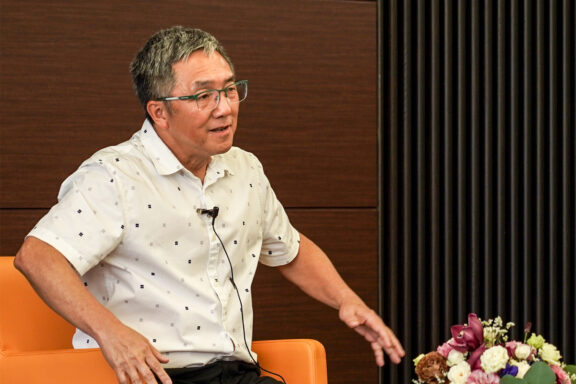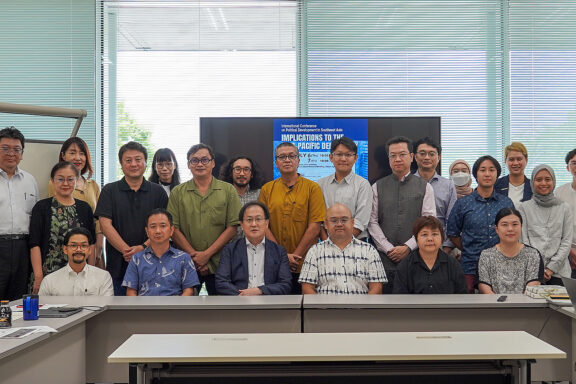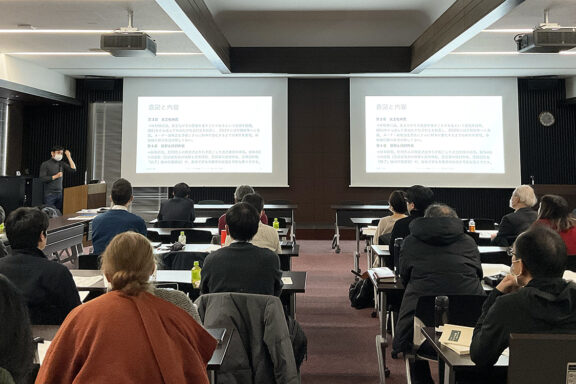On 26-27 May 2023, the Korean Association of Southeast Asian Studies (KASEAS) and the Center for Southeast Asian Studies (CSEAS), Kyoto University, jointly organized the conference “Engaging Southeast Asian Studies in an Age of Uncertainties.” The conference, which has been held alternately in Korea and Kyoto since 2008, aims to exchange the progress or new observations in Southeast Asia by scholars from the two countries. It was conducted online during the Covid-19 pandemic, but they resumed the in-person format after a while. Eight participants from several Korean universities and research institutions and seventeen from CSEAS and ASAFAS participated as presenters and commentators. During the two-day meeting, through keynote speeches, panel discussions and presentations, opinions were exchanged on a variety of topics related to Southeast Asian studies, bearing in mind the various uncertainties of recent years, such as pandemics, war, and the fluidity of economic and human mobility.
The full program can be accessed via this link: https://kyoto.cseas.kyoto-u.ac.jp/en/event/20230526/
Keynote speech
In the keynote speech, Prof. Je Seong Jeon of Jeonbuk National University gave a presentation on “The Asian Solidarity Movement of Korean Civil Society: Observations of 30 years of Development.” It was impressive that he emphasized that the solidarity movement with Asia, which initially emerged as an extension of the awareness of the problems of Korean society, has since the 1990s transformed into a solidarity movement with universal values as a common denominator, such as solidarity with the independence movement in East Timor and the democracy and human rights movement in Myanmar. He suggested that it is not a recent phenomenon that Southeast Asian studies and solidarity movements in various countries develop and transform in relation to various uncertainties and crises.
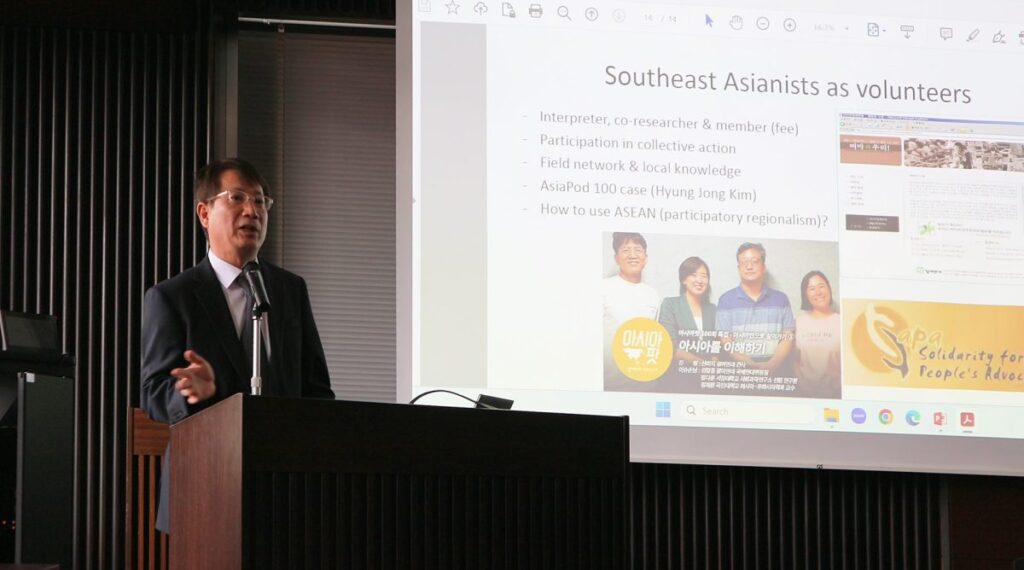
Uncertainty
In the conference, various issues were discussed, including the recession of democracy and the resurgence of authoritarian tendencies, large-scale economic transformations such as the One Belt One Road program and urbanization. The new intra-linkages of these issues and their ramifications were also addressed, such as the change of geopolitical balances, environmental changes and disasters, issues of economic inequality and the security of autonomy, human mobility, infectious diseases, and the way in which area studies interacts with social networking services and fake news. Despite the various risks identified, however, some participants elaborated on Southeast Asian people who overcome difficulties with creativity and resilience, such as the people of Mindanao who create discourses of romance that transcend longstanding religious conflicts, and Malaysian Muslims who cross the border to achieve marriage, which faces various domestic barriers.
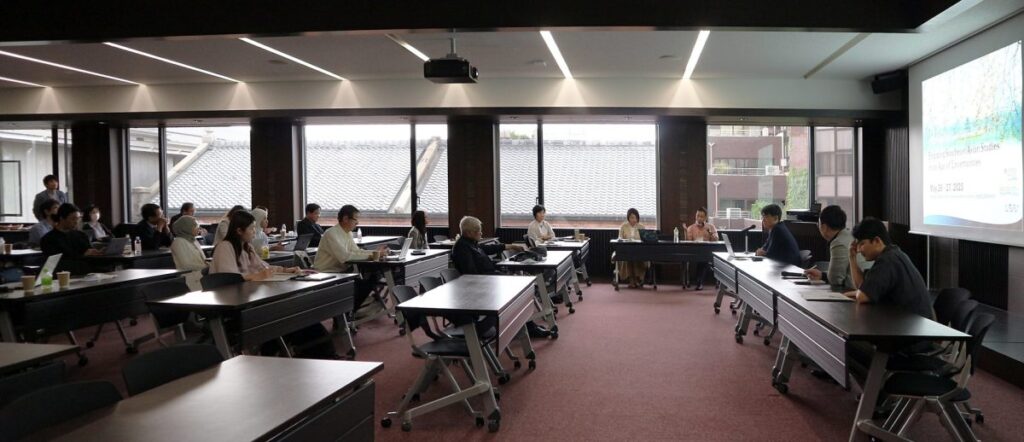
The state and the directions of Southeast Asian studies
Regarding the state of post-colonial Southeast Asian studies, while the importance of fieldwork was still recognized, common directions and new problems were noted, such as how to utilize the rapid development of communication technology, information processing technology and AI in research, and how to deal with the negative effects of information overload and the flood of fake news. For example, it was pointed out that new methodologies for understanding the region are becoming possible, such as new quantitative analysis through the use of macro information processing and the identification of the chronology of historical documents through interdisciplinary and comparative use of databases and research results. On the other hand, there is an abundance of information with problems of authenticity and ethics, such as information generated by social networking services and AI, and it was discussed whether area studies can create a unique academic and intellectual discourse that transcends these problems.
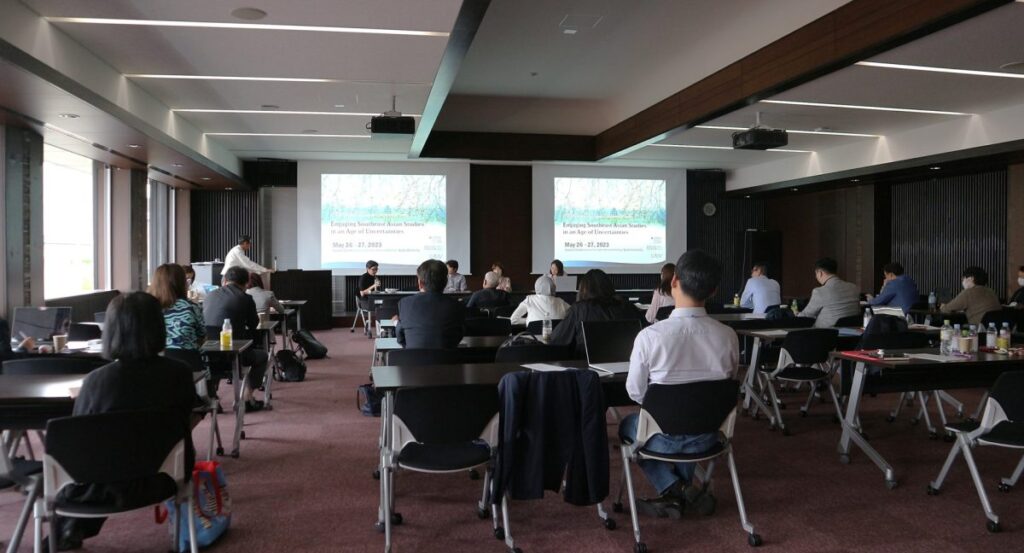
Another panel that included presentations on Southeast Asian studies from Asia, discussed the importance of what used to be called the “internal” approach in linguistics and anthropology, and the need to address the question of how knowledge is produced in Southeast Asia and the wider Asian region; by whom, for whom and for what purpose. These papers also sought to offer new directions for Southeast Asian studies by conducting interdisciplinary, comparative and historical research that focused not only on the contextual thinking of Southeast Asian peoples, but also on the interrelationships between animals, the environment and various institutions.
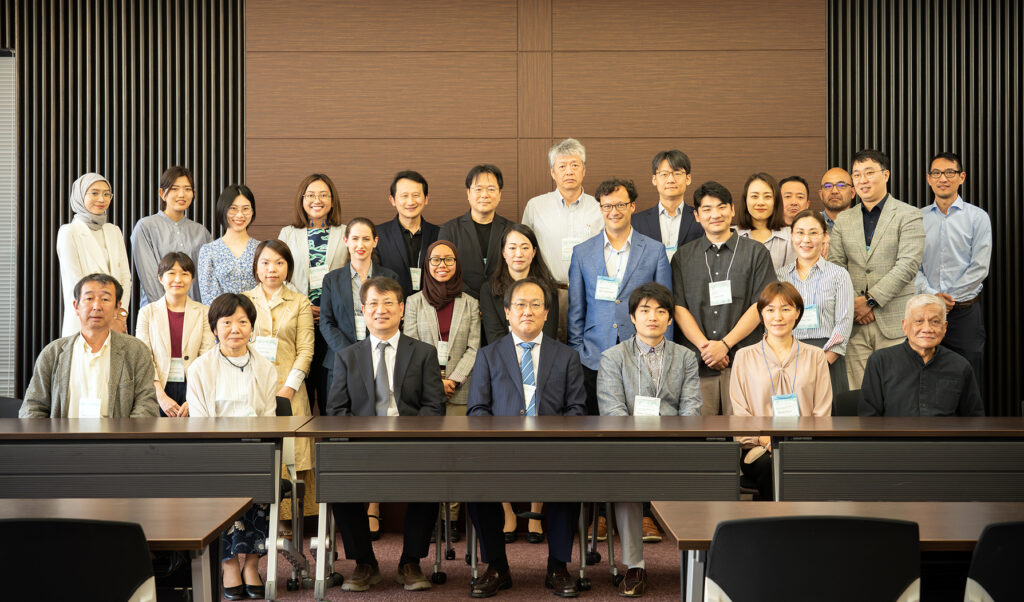
(June 24, 2023)



